Can Fashion Be Fast AND Sustainable?
Isobel Seamer poses the question on all of our minds: can fast fashion ever be synonymous with sustainability?
In recent years, fast fashion brands such as H&M have begun the process of rebranding themselves as the ethical and sustainable choice for consumers. H&M’s website tagline tells us that they now offer ‘fashion and quality at the best price in a more sustainable way.’ Even the fastest of brands like Pretty Little Thing — who bring out new clothing styles every single day — now have a ‘sustainability’ section on their website in which they tell consumers to wash their clothes less and to buy their small recycled collection.
These new developments beg the question: are fast fashion brands’ attempts to become sustainable a good thing? And more importantly, can fashion really be both fast and sustainable?
Fast fashion, at its core, is the rapid turnover of cheap clothing. The speed of production is fast, the customer’s purchase decision is fast, online delivery is fast — and ultimately, the life of the product is fast. It takes around five weeks for fast fashion retailer Zara to get their clothing from a design to a tangible, ready-to-wear garment. High competition in the fashion market has created a constant race to see who can take the latest trends from the catwalk to the high street faster. This means that as consumers we are constantly bombarded by advertisements telling us which new trends we immediately need to buy into before new ones take their place. By encouraging frequent repurchasing, clothing is treated as a disposable commodity. The sheer amount of new products being produced by brands means there is now enough clothing on the planet to clothe the next six generations.
This rate of overproduction and mass consumption is inherently unsustainable as it has massive environmental and social impacts – in 2019, the UN reported the fashion industry to be the second most polluting industry in the world and the second-highest industry user of water worldwide. If these brands are to be sustainable, they have no choice but to move away from a ‘fast’ business model and slow down their rate of production.
By producing products at the lowest prices possible, the life cycles of fast fashion are often short, and so completely contradicts the idea of sustainability. Fast fashion sites such as PLT, Boohoo, and Missguided cannot be sustainable if they continue to produce poor-quality clothing that is not designed to last. It is difficult to imagine how Pretty Little Things recycled collection, which includes a bikini top selling for £3 and a pair of cycling shorts for £4.50, is going to last for years of wear. By mass-producing these poor quality ‘sustainable’ ranges in order to keep costs down, fast fashion brands continue to encourage destructive patterns of overconsumption and waste.
But being sustainable isn’t just about using organic cotton or recycled materials. Fast fashion brands using these greenwashing tactics often continue to manufacture their clothing in unethical sweatshops, where workers are paid below minimum wage and forced to work long hours in poor conditions. Fast fashion brands rely on these poor labour standards to maximise their profit. Despite H&M claiming sustainability is ‘something we do, rather than something we simply say’, almost none of its supply chain is certified by labour standards, and according to famed fashion fact-checker Good On You, there is no evidence H&M ensures a living wage for the workers in their supply chain. A recycled T-shirt is not sustainable for the planet if it’s not sustainable for the people who made it.
The only way for fast fashion to be truly sustainable is for it to slow down. To have fashion that is fast is to treat clothing as something that is temporary and disposable. The fashion industry needs to completely rework its fundamental business model and stop promoting overconsumption – we need a move towards slow fashion in order to properly focus on sustainability.
Takeaway points for social media
Fast fashion is mass-produced and promotes overconsumption – consumers need slow fashion and considerate buying.
Fast fashion is usually poor quality and creates mass waste – consumers desire clothing that not only looks good but has a long life expectancy to boot.
Fast fashion is unethical — brands must consider social sustainability alongside environmental sustainability. A £5 recycled T-shirt is not sustainable if it is of poor quality and mass-produced in an unethical factory where workers are underpaid.

